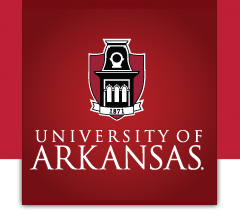Keywords
stereotypes, microaggressions, training, higher education
Abstract
Students on college campuses are not prepared or equipped to defend themselves or their peers when they experience or witness a microaggression. The purpose of this study was to measure the impact of the Ouch! That Stereotype Hurts program on s tudent comfort level when addressing microaggressions and other gender, racial and cultural insults. This educational program provides examples of different types of microaggressions seen in classrooms and workplace scenarios. The program is a 30 minute in dividual, self paced, guided eLearning program that enables learners to explore communication skills for promoting inclusion and respect among their peers. Participants were 91 undergraduate students (primarily White women) attending a mid south university enrolled in a 3 hour online general elective course in Fall 2020 or Spring 2021. Students completed a pre assessment in the 5th week of classes, and the Ouch! 30 minute training program and post assessment the following week. On average, students' knowled ge did not change; however, students' comfort level did increase significantly: On average, 50% of students reported feeling comfortable addressing microaggressions, which increased to 95% of students after completing the 30 minute Ouch! program. The prese nt study's participants were primarily White students living in the mid south. This research indicates that students, especially those who identify as White, would benefit in their comfort level when exposed to diversity educational training on a college c ampus. Keywords: stereotypes, microaggressions, training, higher education.
Recommended Citation
Riley, D. B., Lewis, B., Hill, B., & Wiersma-Mosley, J. D. (2022). Increasing Student Comfort with Addressing Microaggressions: Ouch! That Stereotype Hurts. Inquiry: The University of Arkansas Undergraduate Research Journal, 21(1). https://doi.org/10.54119/inquiry.2022.21103
Included in
Adult and Continuing Education Commons, Bilingual, Multilingual, and Multicultural Education Commons, Educational Assessment, Evaluation, and Research Commons, Higher Education Commons




